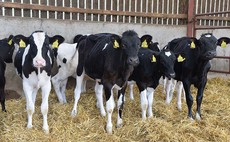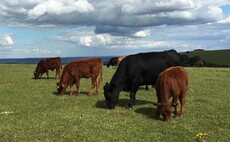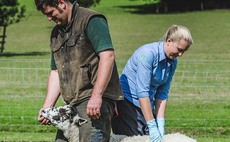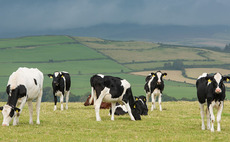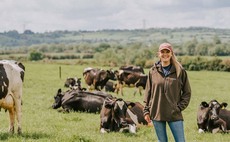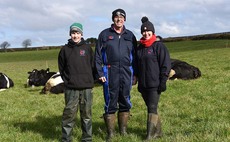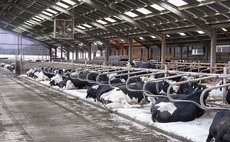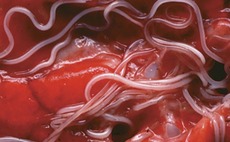Welfare
Livestock
At a recent AHDB webinar, Sara Pedersen, cattle health and production specialist at Farm Dynamics, explained how recording data on farms can improve foot health within the dairy herd. Katie Fallon reports.
Livestock
Research carried out by the Agri-Food and Biosciences Institute, University of Missouri and Teagasc has discovered the possibility of developing a diagnostic test for the early detection of bovine respiratory disease (BRD).
Livestock
At turnout, young heifers allowed to graze infected pastures will develop large worm burdens over time and pasture contamination will accelerate as the season progresses.
Livestock
Vets and farmers are being encouraged to make use of a new flock health planning tool which promotes proactive vet/farmer engagement and a move towards a preventative, rather than reactive, approach to flock health management
Livestock
Turnout time can signal an increased risk of leptospirosis, with the disease is a common cause of infertility and abortion in cattle. Wendy Short reports.
Livestock
Amy Eggleston is a fifth-generation dairy farmer from Leicestershire. Her family and farm team are milking 620 Friesian cows on a New Zealand-based grazing, spring calving unit. She showcases her farming journey on social media (@thedairydaughter) and also runs Pastures Green, which is a rural marketing business.
Livestock
A spike in mastitis cases prompted a rethink of milking protocols at a Pembrokeshire dairy farm and the outcome was so positive that the business has now won a national milk hygiene award. Debbie James reports.
Livestock
Improving cow comfort for better returns and to tackle consumer perceptions was the topic of a recent AHDB organised meeting. Jonathan Wheeler reports.
Livestock
Welsh young farmer, Gwen Price hopes that leading the way in reducing antibiotic usage will encourage other farmers to follow suit. Ellie Layton reports.
Livestock
While many farmers perceive lungworm in cattle to be an autumn disease – simply because the tell-tale cough from husk tends to peak late in the grazing season – the reality is early spring is the time to be thinking about better disease control, says vet Emily Linton.
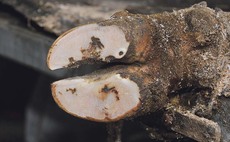
 28 April 2022
•
4 min read
28 April 2022
•
4 min read
